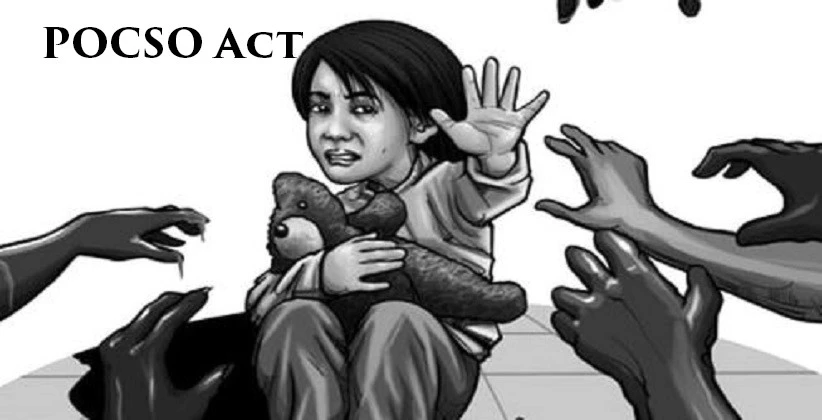
“It is an ‘obligation’ of state to provide ‘support persons’ to POCSO victims”: Supreme Court
Last Updated on October 16, 2023 by News Desk
Recently, the Supreme Court observed that the state has an obligation to provide support persons to child victims as per the protection of children from sexual offences (POCSO) Act and stated that it cannot be made optional or left to the discretion of parents.
“This Court is of the opinion that the need for a support person should not be left to the discretion of the parents; in all cases, the option of availability of support person and right to claim the assistance of such support person should be made known to the victims parents. In these circumstances, the various enumerations should be only considered as broad guidelines and illustrative but not exhaustive. The State has an obligation to provide support persons to POCSO victims which cannot be made optional. Unless there are good reasons recorded by the CWC in its order, the familiarity of support persons is mandatory.” the court observed.
The supreme court bench comprising Justices S Ravindra Bhat and Aravind Kumar was dealing with a bunch of writ petitions filed by the ‘We The Women of India’ and others raising concerns regarding the protection of child victims under POCSO.
The court noted that by its previous judgment dated 18th August 2023. it had required the Principal Secretary to the Department of Women and Child Welfare (hereafter “DWCW”), to frame rules and guidelines according to section 39 of the POCSO Act. (Guidelines for children to take assistance of, non-governmental organisations, professionals and experts or persons having knowledge of psychology, social work, physical health, mental health and child development)
In its recent order on 9 August, following an affidavit filed by the Union government’s Ministry of Women and Child Development and the NCPCR, the court directed the NCPCR to consult all the State Governments and the Government of Union Territories and formulate model guidelines, based on which States and Union Territories may frame their rules. “initially NCPCR may formulate draft guidelines which may be circulated to all the States and after due consideration of their comments and suggestions, the guidelines may be finalised” it suggested.
In the end, the court stated all the relevant factors to be taken into consideration while formulating the guidelines which were as follows-
(i) Requiring a uniform standard of education of support persons for which the minimum qualification may be graduation with relevant experience in child psychology, social work or child welfare, etc.;
(ii) The general practice of limiting engagements of support persons to number of cases to a particular time limit of three years or five years should be avoided. A suggestive uniform policy should be framed eventually leading to encadrement of such persons in the concerned Ministry at the appropriate stage;
(iii) The reasonable remuneration to be paid to the support persons commensurate with the work and functions to be discharged by them;
(iv) Creation of an All India Portal which will be accessible to all individuals and organizations such as JJBs and individual CWCs, which can list out the details of all support persons available in the concerned States and Union Territories; and
(v) A panel to be maintained by each State in respect of NGOs and support persons, whose services may be availed by the CWCs/JJBs. This list too should be accessible in the portal referred to in (iv) above.
The guidelines are to be finalized and filed in court after 8 weeks.
Case Title: WE THE WOMEN OF INDIA v. UNION OF INDIA & ORS
Written by Shagun Behal
Instagram- shagun_behal




